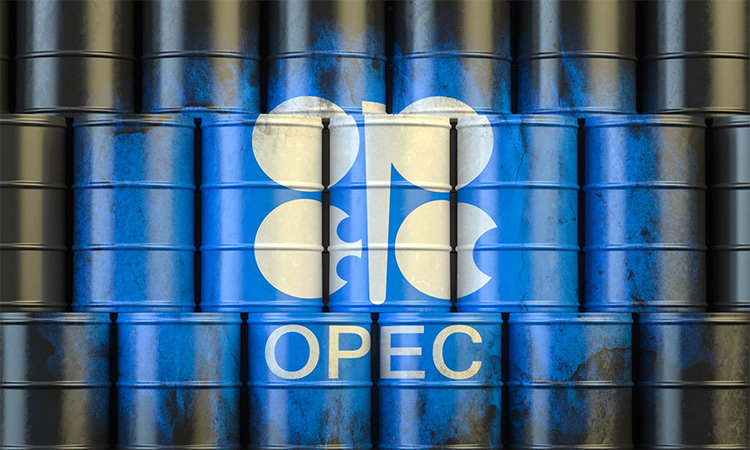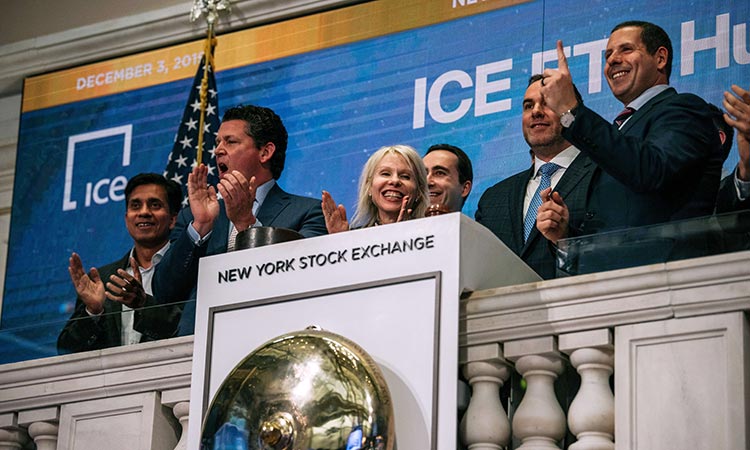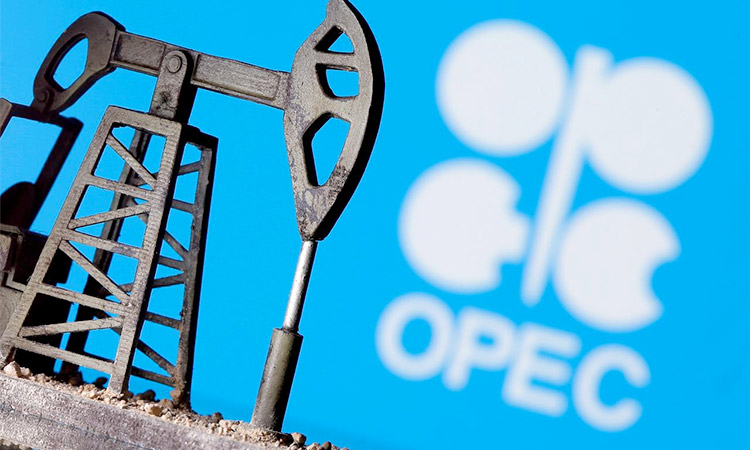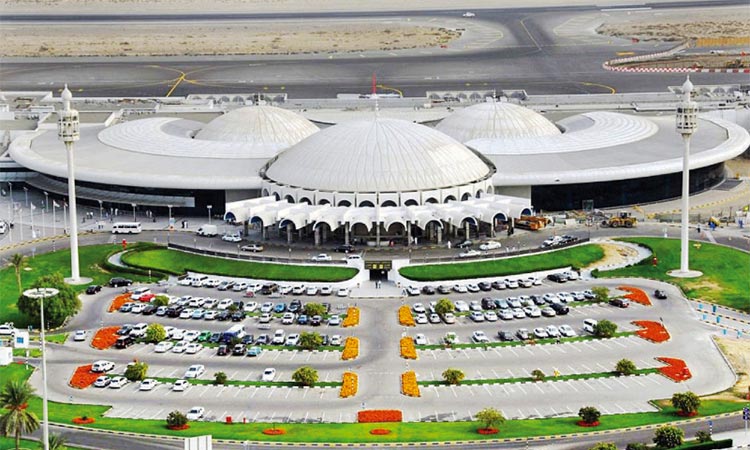UAE sees current Opec+ actions sufficient for now, says minister
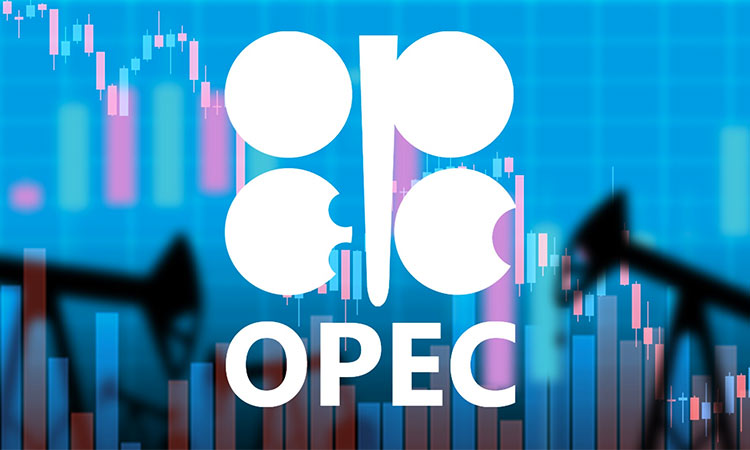
Oil prices found some support from evidence of tightening supplies and economic stimulus in China.
Opec+, which groups the Organization of the Petroleum Exporting Countries and allies led by Russia, pumps around 40% of the world’s crude. The group has been limiting supply since late 2022 to bolster the market.
“What we are doing is sufficient as we say today,” the UAE minister told Reuters in Goa, India, where he is attending G20 energy ministerial meetings.
“But we are constantly holding meetings and if there is a requirement to do anything else then during those meetings, we will pick it up. We are always a phone call away from each other.”
At its last policy meeting in June, Opec+ agreed on a broad deal to limit supply into 2024 and Saudi Arabia pledged a voluntary production cut for July that it has since extended to include August.
Oil prices have found some support from evidence of tightening supplies and economic stimulus in slow-recovering China, with Brent crude trading above $80 a barrel on Friday, up from near $71 in late June.
The next Opec+ policy meeting is not until November, although a panel of key ministers, the Joint Ministerial Monitoring Committee, holds an online meeting on Aug. 4 to review the market.
The UAE minister said he was not worried about oil demand and described limited investment as the “biggest challenge.”
“We know how expensive it is to invest, and no-one other than (a) few countries are investing and increasing their capacity,” he said.
The UAE is among the few Opec members with sizeable unused oil production capacity. At the Opec+ meeting in June it received a higher production target for 2024 while a number of others had theirs reduced.
A mechanism for monitoring Russian output will be further developed, the minister added, with Opec’s headquarters.
Oil prices rose nearly 1% on Friday, buoyed by growing evidence of supply shortages in the coming months and rising tensions between Russia and Ukraine that could further hit supplies.
Brent crude futures rose 90 cents, or 1.1%, to $80.54 a barrel by 11:36 a.m. EDT [1536 GMT]. US West Texas Intermediate futures rose 97 cents, or 1.3%, to $76.62 a barrel.
“The oil market is starting to slowly price in a looming supply crunch as it is on track for its fourth week of price gains,” said Price Futures Group analyst Phil Flynn.
“Global supplies are starting to tighten and that could accelerate dramatically in the coming weeks. Increased war risk could also impact prices,” Flynn said.
Russia hit Ukrainian food export facilities for a fourth day in a row on Friday and practised seizing ships in the Black Sea, in an escalation of tensions in the region since Moscow’s withdrawal this week from a UN-brokered safe sea corridor agreement.
In the US, crude inventories have also fallen, amid a jump in crude exports and higher refinery utilisation, the Energy Information Administration (EIA) said on Wednesday.
“We estimate the supply and demand balance for oil in the $75-95 range for 2024, as limited OPEC+ supply and good demand in the US is offset somewhat by weaker-than-expected demand in China as its economic recovery continues to lag,” said Jay Hatfield, chief executive officer at Infrastructure Capital Management.
Meanwhile, Saudi Aramco said on Friday it had completed its purchase of a 10-percent stake in a Chinese petrochemicals firm, part of an expansion into the world’s top crude importer.
The Saudi energy giant unveiled plans in March to acquire the stake in Rongsheng Petrochemical, valued at $3.4 billion.
The deal calls for the supply of 480,000 barrels per day of Saudi crude to an integrated refining and chemicals complex owned by a Rongsheng affiliate.
“Our strategic partnership with Rongsheng advances Aramco’s liquids to chemicals strategy while growing our presence in China and showcases our importance as a reliable supplier of crude oil,” Aramco vice president Mohammed Al Qahtani said in a statement.
“This key acquisition is an important part of Aramco’s long-term growth strategy, expanding our presence in a vital market.”
Rongsheng chairman Li Shuirong said the deal “marks the entry of Rongsheng and Aramco into a new era together, and also signifies an important step forward in Rongsheng’s internationalization strategy.”
China is Saudi Arabia’s top oil customer.
However despite efforts by Opec+ oil producers to slash production and drive up prices, Russia has been ramping up sales of discounted oil to both China and India in a bid to fund its war in Ukraine and get round Western sanctions.
Aramco, which is mostly state-owned and said it earned record profits totalling $161.1 billion last year, has pledged to achieve “operational net-zero” carbon emissions by 2050.
Reuters
